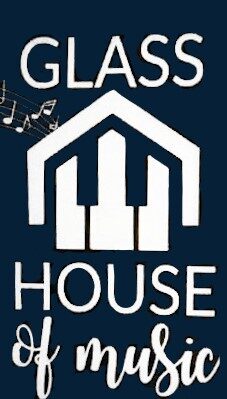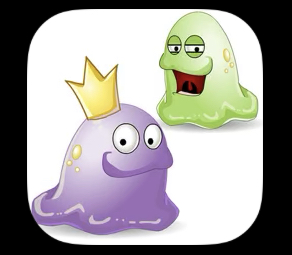In this post, I interview Jarred about his love of Chopin. Jarred is known as a Chopin expert, and in 2018 was the First Prize and Concerto Award winner of the prestigious Lithuanian International Chopin Competition (Vilnius).
What was the highest point in your musical life so far?
There are many! One great moment of my life was when I played at the Chopin museum in Warsaw. I love playing concertos with orchestras. Winning the Lithuanian Chopin Competition meant I had a year of traveling for concerts and teaching master classes. Moving to Poland from New York, two places I had always dreamed of studying, and studying with great teachers. Any opportunity to make a choice that develops who I am and deepens my contact with art is a high point. My whole career feels like a high point because I still can’t believe this is all happening.
I know you perform many different composers’ works, but let’s focus on Chopin for a moment. This is where it all began for you, isn’t it? Why Chopin?
When I first played Chopin, yes. This was the beginning of my musical life. When I perform Chopin, it feels like I just took off my hat and my coat, and I am home: everything is as it should be. When I teach Chopin, it’s never enough, I have always something to add to what my student plays. I love to read about Chopin, yet I know I will never really know anything about him. It’s intriguing: Chopin was an introvert, yet so extroverted about his love of the piano, and only allowed himself (so it seems) to be understood through the music he composed.
Did you come to an even deeper understanding of Chopin’s music by living in Poland?
Yes, of the mazurkas specifically.
If you could have the chance to ask Chopin himself one question, what would it be?
Just one? Explain yourself, Chopin: would you please play for me every piece you composed?
Do you have a favourite Chopin interpreter?
No. It constantly changes. Argerich, Zimerman, Richter, Ashkenazy, Lugansky, João-Pires, Horowitz, Blechacz, Lhevinne, Rubinstein. Popowa-Zydroń is my favourite right now. She interprets Chopin so personally and makes very intimate moments without becoming sentimental.
What is your favourite Chopin piece to play?
That’s truly impossible, but right now it’s Polonaise-Fantaisie.
Listen to?
Today it is Chopin’s F-sharp minor Polonaise, although 20 other titles just flashed through my mind.
Watch a performance of?
Chopin études. They are so spectacular. It’s interesting to watch different people play them, to see the different movements people use.
Check out Jarred playing the Polonaise-Fantaisie!

